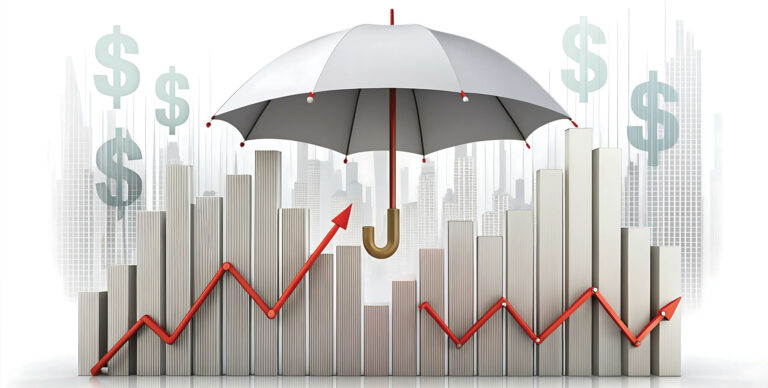
Dan is a writer, cancer survivor, and founder of Cancer Dudes, which supports men after being diagnosed with cancer.
How to stay financially resilient in uncertain times
Fact checked by Shannon Sparks
Have your finances felt squeezed lately? With inflation generally creeping upward, insurance premiums climbing, and the price of everyday goods — like eggs — still soaring, many Americans are feeling the pinch. Add to that the looming uncertainty around tariff and trade policy, and it’s no wonder financial anxiety is on the rise.
Economic volatility may seem inescapable, but there are concrete ways to build resilience and avoid panic. Two financial planners weigh in with practical advice to help you take control.
Check your spending
Start with reviewing your spending over the past one or two months. A few $7.99 streaming subscriptions here and a $20 takeout meal there might not seem like much at the moment, but they add up quickly.
“What’s great now is that since most of our transactions are electronic, you can always look at bank statements. The bank statement doesn’t lie; you see what’s coming in and what’s going out,” says Jonathan Henkels, a certified financial planner and international investment advisor at Beacon Global Advisors.
Apps that track your spending or a basic spreadsheet can be a great way to look at where your money goes and see which purchases bring you joy, which ones you don’t remember, and and what you don’t need.
Henkels also recommends shopping for monthly services like car insurance or internet providers.
Build a safety net
Most financial planners recommend saving three to six months’ worth of essential expenses — housing, food, transportation. In today’s climate, where buying power is already stretched, that may feel like a tall order.
“I hate the advice to ‘cut out your Starbucks,’” says Chad Slate, a certified financial planner and associate wealth advisor at Commonwealth Financial Network. Instead, Slate encourages small, steady steps. “Even depositing $100 a month into a high-yield savings account can outpace inflation and eventually could provide critical breathing room.”
Other strategies include automating payroll deductions and using a simple family savings jar.
“It’s not glamorous advice, but having that financial cushion is the no. 1 thing that can prevent financial disasters from becoming personal disasters,” Slate says.
Stocks and awe
Following the announcement of President Trump’s tariff plan earlier this year, the stock market took a dive. One recent retiree in Park Ridge lost $100,000 — money he planned to live on in retirement.
It’s understandable to want to pull investments in moments like that, but Slate urges caution.
“Historically, markets recover. In 34 out of the last 45 years, even when the markets had a mid-year downturn, they finished the year on a positive,” he says.
Your investment strategy should depend on your timeline.
If you’re early in your career, you have time to weather market volatility. If you’re nearing retirement or need access to funds soon, consider steadier, low-risk accounts.
Keep panic out of your portfolio
Staying plugged into current events is a good idea, but remaining glued to news about market swings or policy changes may feed anxiety and lead to rash decisions.
Take tariffs, for instance. It’s too soon to know whether they are intended to reshape American manufacturing or influence trade disputes. Reacting to every headline could lead to fear-based financial moves.
“Outrage in the media is what gets attention,” Henkels says. For instance, he says not to make purchases — or sell off assets — based on emotion. Buy when you can pay for the item or service without stress.
“Be discerning. Know what truly matters — your family, your relationships. Instead of spending your time worrying or making panic moves, focus on your asset allocation,” Henkels says. “Stick to your plan, and control what you can: your spending, your savings, and your mindset.”









